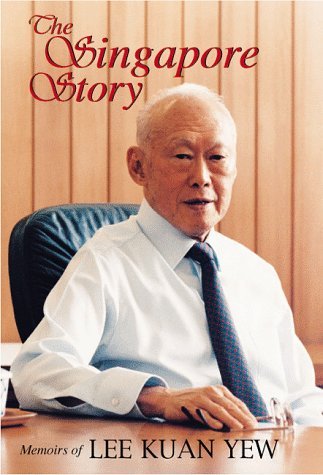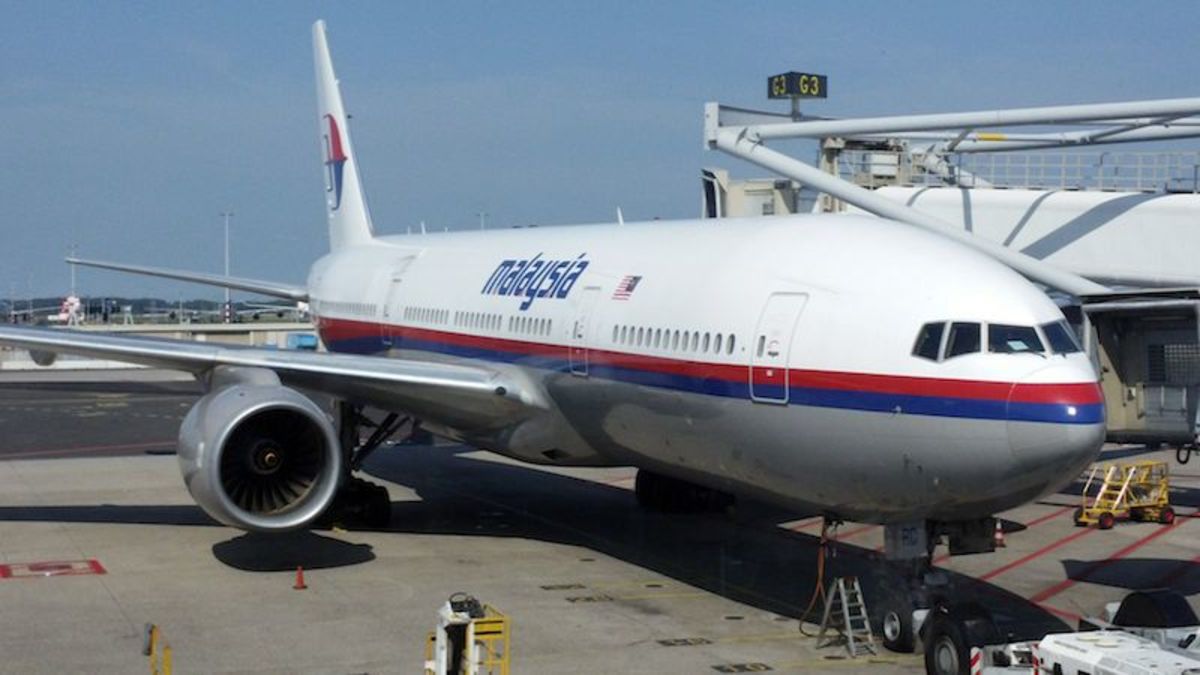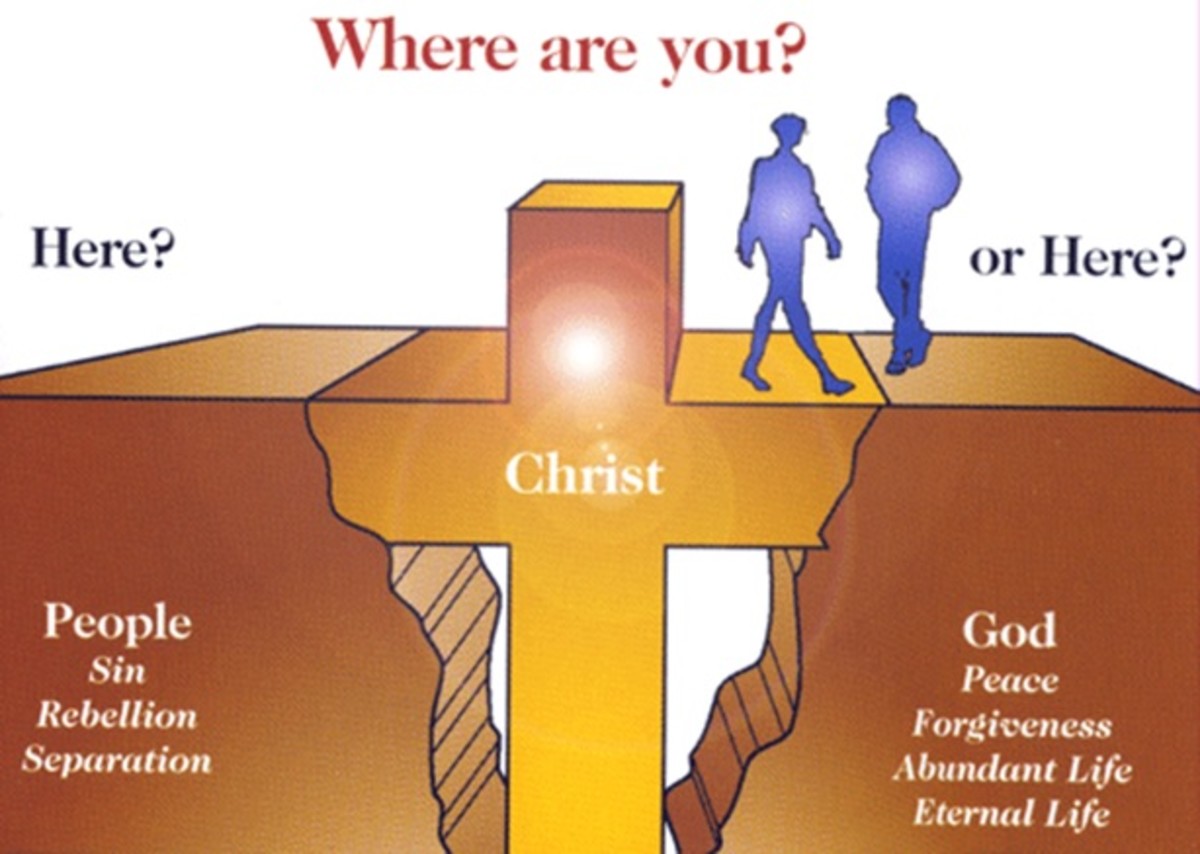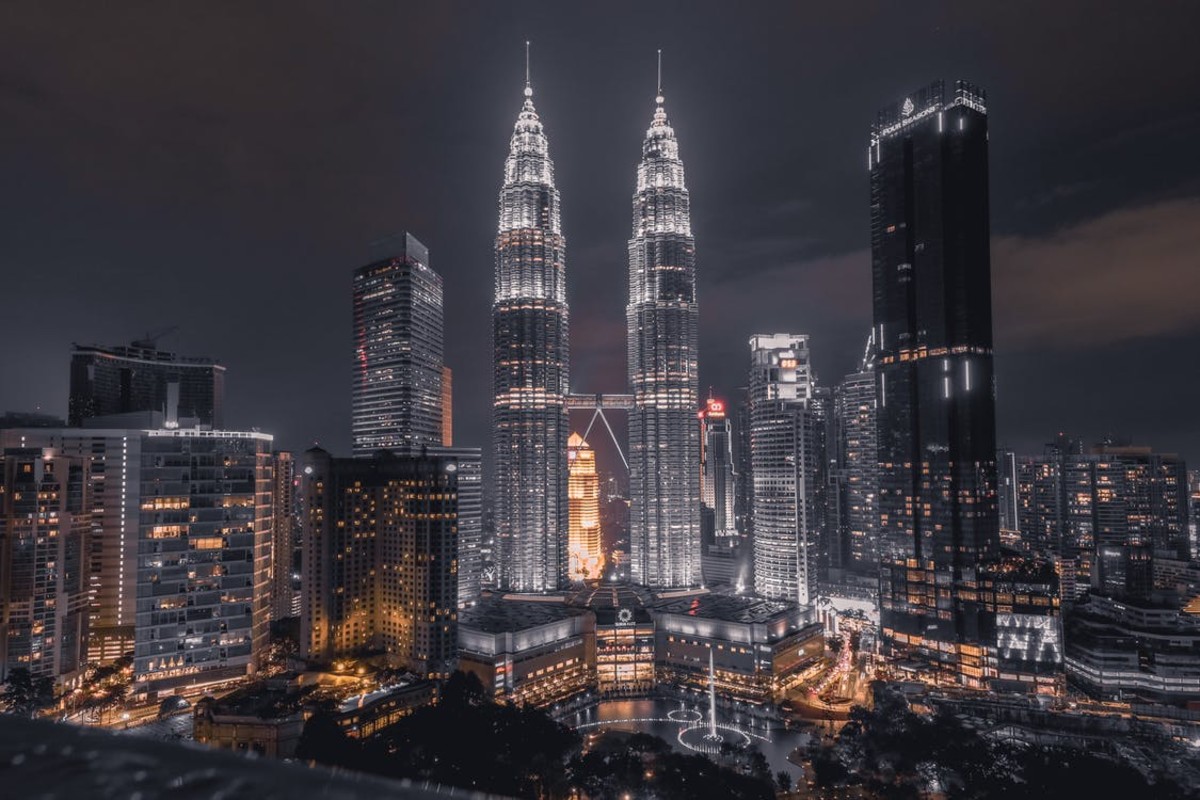Father of Modern Singapore-Lee Kuan Yew

Lee Kuan Yew was born in September 16, 1923 to a wealthy Chinese family. He is best known as the first prime minister of modern Singapore and was one of the longest serving prime ministers in the world, from 1959 to 1990.
On November 21, 1954, Lee and his colleagues Goh Keng Swee, Toh Chin Chye, S. Rajaratnam, K.M. Byrne and Samad Ismail, formed the people’s action party, with Lee as its secretary-general. On June 3, 1959, Singapore attained self government and two days later, the first government was formed with Lee as the first prime minister.
From 1963-1965, he led Singapore into Malaysia but due to political unrest, he had to withdraw in 1965. Lee tried to work out a compromise but was later convinced by Goh Keng Swee that it was inevitable and signed a separation agreement on 7 August, 1965, which discussed Singapore’s post separation relations with Malaysia. The failure of the merger was a heavy blow to Lee as he thought it was crucial for Singapore’s survival and he broke down emotionally as he formally announced the separation and full independence of Singapore on a press conference that day:
“For me, it is a moment of anguish. All my life, my whole adult life, I…I believed in Malaysian merger and unity of the two territories. You know that we, as a people are connected by geography, economics, by ties of kinship… it broke everything we stood for. Now I, Lee Kuan Yew, as prime minister of Singapore, do hereby proclaim and declare on behalf of the people and the government of Singapore that as from today, the ninth day of august in the year one thousand, nine hundred and sixty five, Singapore shall forever be a sovereign democratic and independent nation, founded upon the principles of liberty and justice and ever seeking the welfare and happiness of the people in a most and just equal society.”
On that same day, the Malaysian parliament passed the required resolution that would sever Singapore’s ties to Malaysia as a state and thus, the Republic of Singapore was created.
Seeking international recognition of Singapore’s independence, Lee joined the United Nations on 21 September, 1965 and founded the Association of Southeast Nations (ASEAN) on 8 August, 1967. During the 1970s and 1980s, Lee tired to create a unique Singapore identity, one which recognized racial consciousness.
Under his guidance, Singapore progressed financially and industrially and became the most prosperous country in Southeast Asia. He also achieved both labour peace and a rising standard of living for workers.
In 1990, he stepped down and was succeeded as prime minister by Goh Chok Tong though he remained in the cabinet as senior minister and later on, as minister mentor. He played an advisory role although his opinions still carry weight. In a1988 national day rally, he even said that if he felt something was going wrong, he would get up even if it was from his sick bed or even if he was being lowered into the grave. This shows how much he cares for Singapore.
Lee was lauded for overseeing Singapore’s outstanding economic growth that transformed it from a poor port to a wealthy nation. He is described as the architect of modern Singapore since it gained self government in 1959 and independence in 1965. For me, he is the Father of Singapore.









